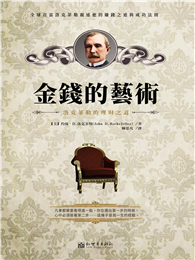The book provides a socio-historical and theoretical-scientific contextualisation of the origin of the family, from its constitution in the primitive era to its main changes in contemporary times, with the aim of provoking reflection on the fact that there is no concept of the ideal family. It looks at the genesis of care for abandoned children since the High Middle Ages in Portugal, in order to understand the culture of institutionalisation of children and adolescents in Brazil. The main advances in relation to the family and children and adolescents after the Democratic Rule of Law was achieved with the 1988 Constitution, the Statute of the Child and Adolescent, the Organic Law on Social Assistance and the New Adoption Law of 2009. In addition to pointing out the main challenges in realising the right to family and community life. Finally, the process of family reintegration for children and adolescents in institutional care is contextualised, using legal apparatuses that guide this process, as well as theoretical references with a critical bias. The authors also put forward proposals for tackling this challenge, which is complex but possible.
| FindBook |
有 1 項符合
The Process of Reintegrating Children and Adolescents into Families的圖書 |
 |
The Process of Reintegrating Children and Adolescents into Families 作者:Da Silva 出版社:Our Knowledge Publishing 出版日期:2024-09-03 語言:英文 規格:平裝 / 52頁 / 22.86 x 15.24 x 0.3 cm / 普通級/ 初版 |
| 圖書館借閱 |
| 國家圖書館 | 全國圖書書目資訊網 | 國立公共資訊圖書館 | 電子書服務平台 | MetaCat 跨館整合查詢 |
| 臺北市立圖書館 | 新北市立圖書館 | 基隆市公共圖書館 | 桃園市立圖書館 | 新竹縣公共圖書館 |
| 苗栗縣立圖書館 | 臺中市立圖書館 | 彰化縣公共圖書館 | 南投縣文化局 | 雲林縣公共圖書館 |
| 嘉義縣圖書館 | 臺南市立圖書館 | 高雄市立圖書館 | 屏東縣公共圖書館 | 宜蘭縣公共圖書館 |
| 花蓮縣文化局 | 臺東縣文化處 |
|
|
圖書介紹 - 資料來源:博客來 評分:
圖書名稱:The Process of Reintegrating Children and Adolescents into Families
|











